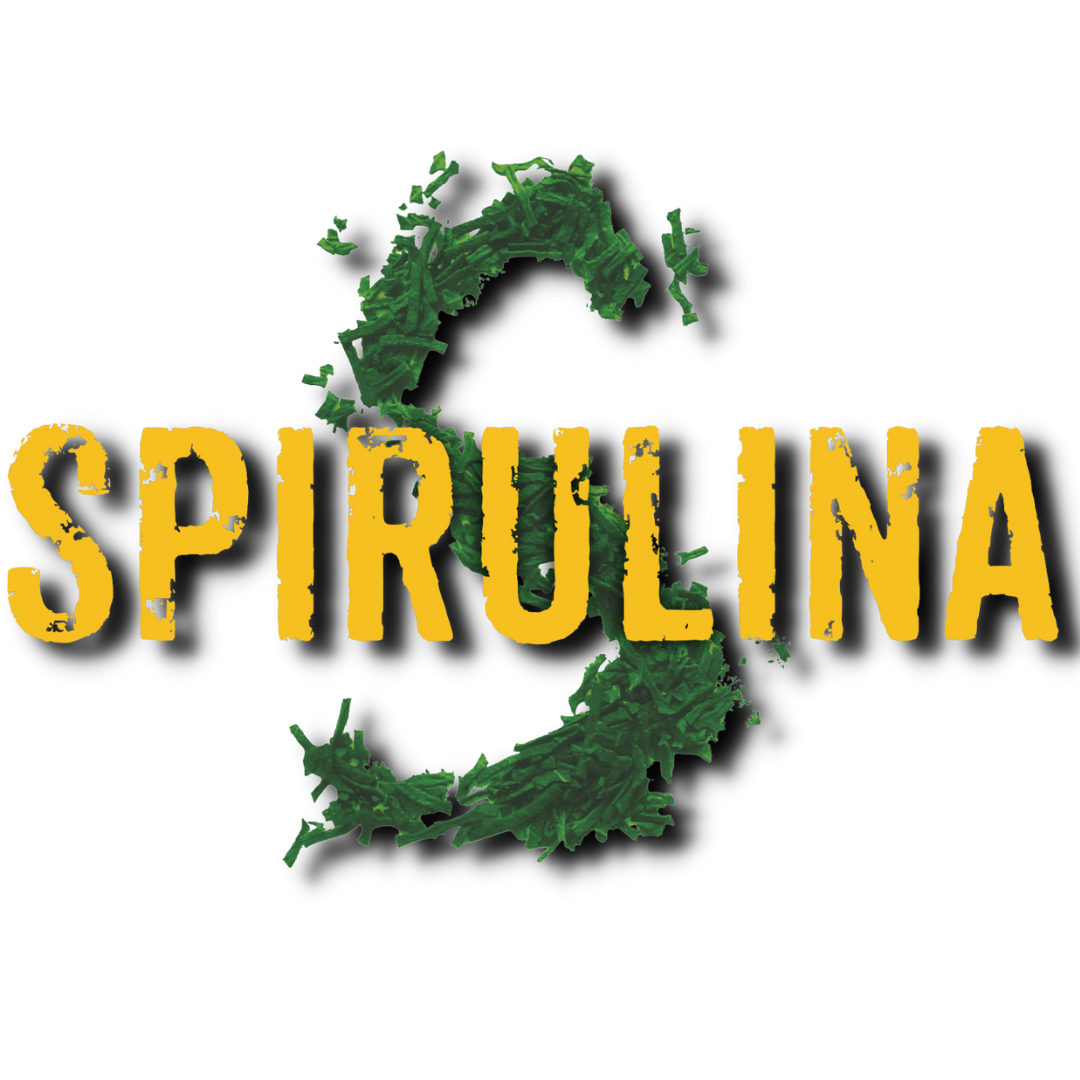ETHICAL CHOICES FOR THE PLANET
VEGAN OK
In the vegan diet , it can be difficult to be able to cover the entire needs of essential amino acids for our body.
Spirulina algae, given the quality of its nutrients and high nutritional value, becomes the essential food for vegetarians and vegans. It is rich in proteins (60%) and essential minerals such as Potassium (1363mg), Sodium (1048mg), Magnesium (195mg), Calcium (120mg), Phosphorus (118mg), Iron (28.5mg) and Zinc (2mg) .
Furthermore, the vitamin kit present in Spirulina is also prominent, especially in antioxidant function, guaranteeing the body a good dose of vitamins of type E, C, A, D, K and almost all of the family of vitamins B (B1, B3, B6, B9 and B12).
The caloric intake (290 kcal), carbohydrates (23.9g), while remaining low in fat (7.7g) and sugar (3.1g) are also essential.
ECO-SUSTAINABILITY

In addition to the great nourishing properties, it is also right to talk about the high environmental sustainability of this precious Superfood.
Spirulina aquaculture has a very low energy consumption and renounces the exploitation of the soil. Some estimates measure the environmental impact of the cultivation of Spirulina Algae 98% lower than animal breeding and 60% lower than soybean crops.
A cultivation of Spirulina algae does not exploit the soil by impoverishing it but, on the contrary, enriches and revitalizes it, without the use of toxic products, without polluting and using renewable sources for its growth (sun) and for its extraction (water energy and photovoltaic).
EXAMPLES:
- To produce 1kg of Spirulina (with its 70% protein), only 6 square meters of land are used, without however depleting it.
- To produce 1kg of Soy (genetically modified seed not present in nature) (with its 34% protein), 16sqm of soil are used and depleted.
- To produce 1kg of Corn (with its 9% protein), 22sqm of land are depleted.
- To produce 1kg of beef (with its 20% protein), 190sqm of land are used.
DID YOU KNOW THAT THE SPIRULINA MAKES THE AIR CLEAN?
Spirulina, as a cyanobacterium, transforms CO2 into clean oxygen, ready to be breathed!
Through its natural process of chlorophyll photosynthesis like any other plant, Spirulina feeds on CO2, transforming it into oxygen.
In fact, every kilogram of spirulina produced absorbs 1.8kg of CO2 transforming it into 1.8kg of Oxygen.

DID YOU KNOW THAT THE SPIRULINA IS CAREFUL TO SAVING WATER?
Water is a precious resource, just think that only 2.5% of the water on earth is fresh water, of which 0.3% is found in rivers and lakes, 29.9% in underground aquifers. and the remaining 68.9% is made up of glaciers and perennial snows. According to the latest UNICEF and WHO report, 11% of the world population, 783 million people, currently does not have access to this primary resource.
This is why it is important to know how much water is used to produce what we eat.
To grow Spirulina you need only 1/3 of the water compared to Soy, 1/6 compared to wheat crops and 1/50 compared to beef farms.
EXAMPLE:
To produce one kilo of beef, 6.5 kilos of grains, 36 kilograms of straw and 155 liters of water are used. The water footprint is equivalent to 15,400 liters. The rearing of a single head requires 5000 cubic meters of drinking water, which is the equivalent of two Olympic swimming pools.

